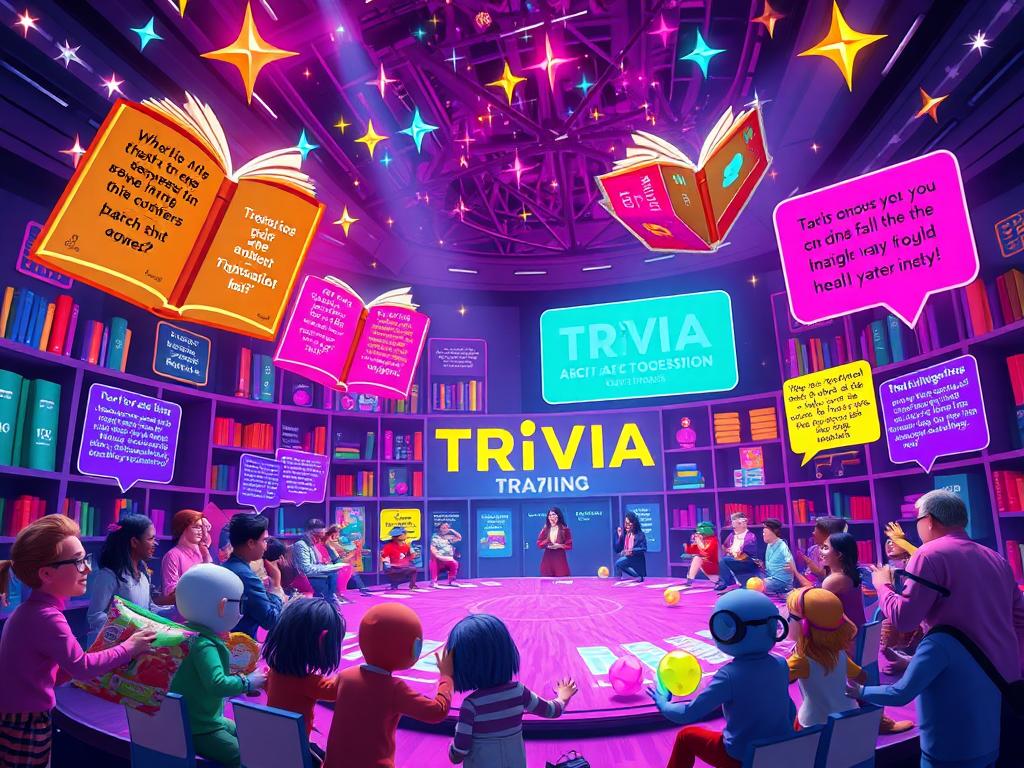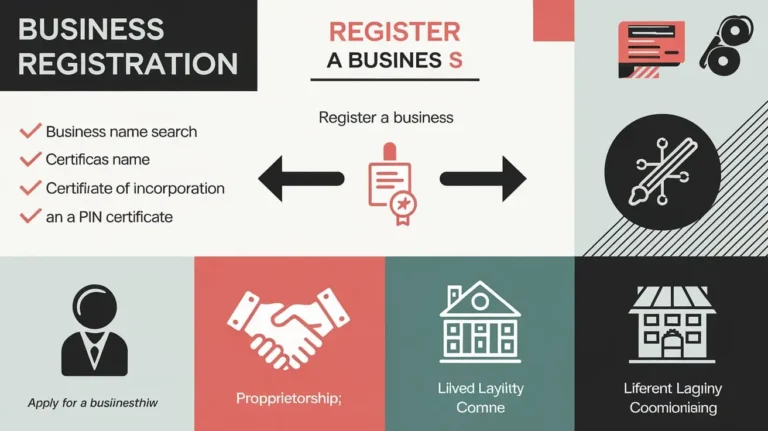
Unlocking Knowledge: 100 Very Hard Quiz Questions for the True Trivia Buff
Unlocking Knowledge: 100 Very Hard Quiz Questions for the True Trivia Buff
Introduction
Quiz questions are an engaging way to test knowledge and challenge the brain.
In today’s fast-paced world, quizzes have emerged as a popular entertainment form that combines fun with learning.
This article presents an extensive collection of 100 very hard quiz questions designed to push your limits.
Whether you are looking to impress your friends at a game night or simply sharpen your general knowledge, these questions will stimulate your brain and broaden your understanding of various subjects.
The Importance of Trivia Questions in Learning
Trivia questions serve multiple purposes, enhancing both learning and cognitive development.
The act of recalling and answering trivia questions is not only entertaining but also beneficial in numerous ways.
- Enhances Critical Thinking: Trivia challenges you to think critically about different subjects.
- Builds Knowledge: Engaging with trivia boosts your knowledge base across various fields.
- Increases Engagement: Trivia games often lead to lively discussions and provider insights.
Additionally, incorporating trivia in educational settings has shown to improve student engagement and retention rates.
As Albert Einstein once said, “The more I learn, the more I realize how much I don’t know.”
Trivia offers a unique way of exploring this vast universe of knowledge.
Categories of Quiz Questions
The breadth of knowledge required for a solid trivia quiz spans numerous categories.
Here are some typical categories you may encounter:
- Science: Topics can range from biology to physics, enabling participants to test their understanding of the natural world.
- History: Challenges participants’ knowledge about key events, dates, and figures that shaped our world.
- Geography: Questions focusing on locations, capitals, and geographical phenomena enhance the understanding of our planet.
- Literature: Knowledge of novels, plays, authors, and literary terms can reveal a lot about an individual’s reading habits.
- Pop Culture: Engaging questions about movies, music, and celebrities keep things fresh and fun.
These categories lend themselves to an endless variety of trivia challenges, appealing to a multitude of interests.
Tips for Crafting Hard Quiz Questions
Crafting solid quiz questions demands a good balance between challenge and assessable knowledge.
Here are some valuable tips to create difficult quiz questions:
- Focus on Details: Leverage lesser-known facts within a broader topic to create complexities.
- Use Specificity: Frame questions in a way that requires not just general knowledge but specific insights.
- Variety in Formats: Incorporate multiple-choice questions, fill-in-the-blank, or true/false questions to keep it intriguing.
- Seek Feedback: Try your questions on peers to ensure they are appropriately challenging.
Expert Kevin McCarthy asserts, “Quality trivia engages and enlightens; it doesn’t simply frustrate or alienate.”
Striking a balance is critical.
The Value of Using Hard Quiz Questions
Using hard quiz questions allows participants to delve deeper into subjects.
Engaging with challenging questions can lead to constructive discussions and ignite curiosity about various topics.
Some key advantages include:
- Exposure to New Information: Harder questions often introduce participants to topics they might not have explored otherwise.
- Encouragement of Lifelong Learning: Difficulty breeds curiosity, motivating individuals to investigate beyond the quiz.
- Cultivation of Teamwork: Hard quizzes create opportunities for teamwork, as players collaborate to solve challenging inquiries.
It’s not just about answering questions; it’s about fostering a community of inquisitive minds.
Introducing 100 Very Hard Quiz Questions
Below is a carefully curated list of 100 very hard quiz questions.
These questions are designed to challenge your knowledge across various subjects:
| Question Number | Question |
|---|---|
| 1 | What is the only chemical element that has no known natural isotope with a stable nucleus? |
| 2 | Who was the only U.S. president to serve more than two terms? |
| 3 | In what year did the Chernobyl disaster occur? |
| 4 | Which planet has the longest day, lasting approximately 243 Earth days? |
| 5 | What is the capital city of Bhutan? |
| 6 | In Greek mythology, who is known as the god of the underworld? |
| 7 | What mathematician invented the Cartesian coordinate system? |
| 8 | Who directed the movie “Pulp Fiction”? |
| 9 | In which year did the Berlin Wall fall? |
| 10 | What is the rarest blood type in humans? |
| 11 | Who wrote the novel “One Hundred Years of Solitude”? |
| 12 | Which physicist developed the theory of general relativity? |
| 13 | What is the term for a word that is spelled the same forwards and backwards? |
| 14 | Who was the first woman to win a Nobel Prize, and in which field? |
| 15 | What is the largest mammal in the world? |
| 16 | What is the hardest natural substance on Earth? |
| 17 | Who painted the “Mona Lisa”? |
| 18 | In which country would you find the ancient city of Petra? |
| 19 | What language has the most words in its vocabulary? |
| 20 | Which gas is most abundant in the Earth’s atmosphere? |
| 21 | What is the capital city of Kazakhstan? |
| 22 | Who was the first person to climb Mount Everest? |
| 23 | What is the boiling point of water at standard atmospheric pressure in Celsius? |
| 24 | What is the square root of 144? |
| 25 | Which art movement is Salvador Dali associated with? |
| 26 | In what year did the Titanic sink? |
| 27 | How many bones are there in the adult human body? |
| 28 | Who composed the famous classical piece “The Four Seasons”? |
| 29 | In what century was the first telephone invented? |
| 30 | What is the chemical formula for table salt? |
| 31 | Who was the last pharaoh of Ancient Egypt? |
| 32 | What is the largest desert in the world? |
| 33 | What is the main ingredient in traditional Japanese miso soup? |
| 34 | Which country has the longest coastline? |
| 35 | In which type of animal would you find a “pouch” for carrying its young? |
| 36 | Who discovered penicillin? |
| 37 | What is the capital of Iceland? |
| 38 | What is the longest river in the world? |
| 39 | Who invented the light bulb? |
| 40 | What element has the atomic number 1? |
| 41 | Who wrote the play “Romeo and Juliet”? |
| 42 | In what year did World War II begin? |
| 43 | What are the three branches of the United States government? |
| 44 | Which fruit is known for its high vitamin C content? |
| 45 | Who formulated the laws of motion? |
| 46 | What is H2O more commonly known as? |
| 47 | What country is known as the Land of the Rising Sun? |
| 48 | What organ in the human body is primarily responsible for detoxification? |
| 49 | Which famous naturalist developed the theory of evolution by natural selection? |
| 50 | What does DNA stand for? |
| 51 | Who was the first man to walk on the moon? |
| 52 | In which city is the famous landmark, the Colosseum located? |
| 53 | What is the smallest prime number? |
| 54 | Who formulated the uncertainty principle in quantum mechanics? |
| 55 | What is the largest ocean on Earth? |
| 56 | What year was the first successful heart transplant performed? |
| 57 | Who was the first woman in space? |
| 58 | What triggers a volcanic eruption? |
| 59 | What is the main difference between a comet and an asteroid? |
| 60 | Which instrument is used to measure atmospheric pressure? |
| 61 | Who wrote the famous manifesto “The Communist Manifesto”? |
| 62 | What is the function of red blood cells? |
| 63 | What is the capital city of New Zealand? |
| 64 | Which animal is known for its ability to change color for camouflage? |
| 65 | In which year did the United States declare its independence? |
| 66 | What is the longest bone in the human body? |
| 67 | Who invented the theory of relativity? |
| 68 | What vitamin is primarily produced when the skin is exposed to sunlight? |
| 69 | How many elements are there in the periodic table? |
| 70 | Who is known as the “Father of Geometry”? |
| 71 | What is the primary ingredient in hummus? |
| 72 | Which book begins with the line, “Call me Ishmael”? |
| 73 | What is the scientific study of fungi called? |
| 74 | How many hearts does an octopus have? |
| 75 | Who painted the ceiling of the Sistine Chapel? |
| 76 | What is the capital of Nigeria? |
| 77 | In which year did the stock market crash that led to the Great Depression? |
| 78 | What is the term for the fear of spiders? |
| 79 | Who was the first person to propose the heliocentric theory? |
| 80 | What natural phenomenon is measured on the Richter scale? |
| 81 | In what year did the first email get sent? |
| 82 | Who is considered the principal founder of psychoanalysis? |
| 83 | What is the main gas that makes up the Earth’s atmosphere? |
| 84 | How many planets are in our solar system? |
| 85 | What temperature does water freeze at in Fahrenheit? |
| 86 | What is the name of the longest river in Asia? |
| 87 | Who was the first female Prime Minister of the United Kingdom? |
| 88 | What is the capital of Libya? |
| 89 | In Roman mythology, who is the goddess of love? |
| 90 | What is the most widely spoken language in the world? |
| 91 | Who wrote the music for the ballet “Swan Lake”? |
| 92 | What is the only continent without a native species of ants? |
| 93 | What is the fastest land animal on Earth? |
| 94 | In what year did the first man-made object reach space? |
| 95 | Who was the first African-American president of the United States? |
| 96 | What is the chemical symbol for gold? |
| 97 | How many inches are in a foot? |
| 98 | What is the formula for calculating the area of a circle? |
| 99 | What human organ is capable of regenerating tissue? |
| 100 | In which ancient civilization were the first known written laws created? |
Conclusion
In summary, engaging with challenging quiz questions enriches our knowledge and fosters intellectual curiosity.
From exploring history to diving into science, each question serves as a stepping stone towards greater understanding.
By participating in quizzes, we not only test our knowledge but also open doors to new areas of learning.
So gather your friends, choose a category, and embark on an enlightening trivia journey together!
FAQ
What are quiz questions?
Quiz questions are inquiries designed to test knowledge across various subjects.
They can range from simple to challenging, making them suitable for different audiences.
Why should I participate in quizzes?
Participating in quizzes can enhance your critical thinking skills, improve memory retention, and offer a platform for social interaction.
Moreover, they make learning fun and engaging.
How can I use quiz questions in a learning environment?
Quiz questions can be incorporated into studies to evaluate knowledge, stimulate conversation, or as a fun classroom activity.
They serve as an effective tool for assessment and motivation in educational settings.





